Auriculotherapy or Ear Acupuncture is a well -respected 3,500 year old technique originating in Ancient Asian and Middle Eastern civilizations. Specific knowledge was passed down from master to student. More recently, in the 1950’s Dr. Paul Nogier, a Frenchman, observed specific ear points in his patients that related to the major organs of the body. This sparked a life-long study and the basis for Auricular Acupuncture today. Dr. Nogier identified more than 100 specific points on the eternal ear that related to corresponding body parts, from musculo-skeletal to the internal organs. As a result of his work, the ear has been likened to a “road map of the body,” identifying specific body parts with surprising accuracy. The part of the ear used is the auricle, that projecting outer portion of the ear.
In practical terms, Auricular Acupuncture is quick, inexpensive and non-invasive. It has been used as anesthesia in medical procedures and is a proven treatment for pain. It is frequently used in the treatment of addictions, specifically drug, alcohol and tobacco addiction and for chronic infections.
The practitioner may use temporary needles or more semi-permanent needles or seeds that stay in for days. Some conditions such as addictions require the constant stimulation of acupoints on the ear. As these points effect the brain, mood is effected as well. That is why Auricular Acupuncture is beneficial in the treatment of anxiety.
Diane Bousquin, L.Ac. incorporates the Battlefield acupuncture method of auricular therapy into her practice. Battlefield acupuncture was introduced in 2001 by Col. Richard Niemtzow MD, PHD a consultant in alternative medicine to the Surgeon General of the United States Air Force.
In Battlefield acupuncture small needles are inserted into five points in the outer ear. These points block pain in as short as five minutes. The effects can last for several days or longer. In some cases the pain is completely resolved. The frequency of application and duration of relief often varies with each patient. In many cases, body acupuncture treatments may be needed. This combination of points is not only tailored to treat acute or chronic pain; it is also extremely effective in anxiety, depression, insomnia, PTSD or any psychological or stress related issue.
For further information and to schedule an appointment, please contact Diane Bousquin at Vital Changes Acupuncture and Nutrition at 619-808-1099.
What is battlefield acupuncture?
The term battlefield acupuncture was first used in 2001 by Col. Richard Niemtzow MD, PhD, who serves as a consultant for complementary and alternative medicine to the Surgeon General of the Air Force. Col. Niemtzow is also a military medical physician who practices acupuncture on a full-time basis for the U.S. Air Force.
What is battlefield acupuncture?
The term battlefield acupuncture was first used in 2001 by Col. Richard Niemtzow MD, PhD, who serves as a consultant for complementary and alternative medicine to the Surgeon General of the Air Force. Col. Niemtzow is also a military medical physician who practices acupuncture on a full-time basis for the U.S. Air Force.
The official procedure uses gold semi-permanent needles, which are placed directly into the ear acupuncture points and left to fall out on their own within a day or two. These conventional acupuncture needles may be stimulated for up to ten minutes or so. The technique is derived from traditional ear acupuncture but uses short needles that better fit under combat helmets so soldiers can continue their missions with the needles inserted to relieve pain.
A quick, easy and safe pain-relieving therapy
According to an article on battlefield acupuncture in Acupuncture Today by John Amaro, LAc, the procedure was initially introduced in 2008 at Landstuhl Regional Medical Center (LRMC), where it was applied to wounded service members and local patients for pain relief, with significant results. LRMC, located near Ramstein Air Base in Germany, is the largest and most modern U.S. military medical facility outside the US (http://acupuncturetoday.com/mpacms/at/article.php?id=31917).
As Amaro writes in his article, one of the pain specialists at LRMC said he personally experienced a 25 percent increased range of motion and a 50 percent reduction in pain for the chronic shoulder and upper back pain he had suffered from for several years. As a result of his groundbreaking success, he recruited his most challenging patients for whom traditional pain treatment offered very limited relief. Many of these same patients said their pain had been reduced by up to 75 percent within minutes of the needles being inserted. Consider this fact in light of the knowledge that a mere 25 percent reduction would normally be considered a success with traditional pain medications.
Ear acupuncture has long been known to be a very effective method for relieving acute pains, in some cases proving more effective than body acupuncture (http://www.health-science-spirit.com/earacupuncture.html). Acupuncturists such as Amaro have seen outstanding results with the use of low-level laser and electronic stimulation applied directly to the points. These conventional acupuncture needles may be stimulated for up to ten minutes.
Why do these statistics hold significance for the U.S. military?
Prior to the Iraq war, American soldiers in combat zones did not take psychiatric medications, according to PBS Frontline documentary The Wounded Platoon, which aired in May 2010 (http://www.pbs.org). By 2007, a surge of more than 20,000 of our deployed troops were taking antidepressants and sleeping pills. These drugs allowed soldiers with post-traumatic stress disorder to remain in combat when they otherwise could not.
Not only can addiction to painkillers be a fatal disease, side effects of the most widely prescribed pain medications include: stomach bleeding, nausea, constipation, dizziness, vomiting, drowsiness, heart attack and stroke.
While battlefield acupuncture is not purposely designed to replace standard medical care for war-related injuries, its abilities to assist in pain relief and often eliminate the need for pain medication for acute and chronic pain without the risk of side effects makes it a safe, cheap, simple and effective opportunity for relief.
Soldiers, veterans and military personnel suffering from various ailments including PTSD, TBIs, depression and physical injuries now have the option of managing their pain using an alternative technique that has none of the dangerous side effects that psychiatric and pharmaceutical drugs are known to produce. Not only are there virtually no complications, patients are subjected to little or no discomfort.
Battlefield acupuncture is not only very easy to learn, it can be taught to anyone in an extremely short period of time. The procedure allows a provider to expect good results within minutes after the completion of a treatment.
Learn more: http://www.naturalnews.com/035544_battlefield_acupuncture_painkillers_soldiers.html
The official procedure uses gold semi-permanent needles, which are placed directly into the ear acupuncture points and left to fall out on their own within a day or two. These conventional acupuncture needles may be stimulated for up to ten minutes or so. The technique is derived from traditional ear acupuncture but uses short needles that better fit under combat helmets so soldiers can continue their missions with the needles inserted to relieve pain.
A quick, easy and safe pain-relieving therapy
According to an article on battlefield acupuncture in Acupuncture Today by John Amaro, LAc, the procedure was initially introduced in 2008 at Landstuhl Regional Medical Center (LRMC), where it was applied to wounded service members and local patients for pain relief, with significant results. LRMC, located near Ramstein Air Base in Germany, is the largest and most modern U.S. military medical facility outside the US (http://acupuncturetoday.com/mpacms/at/article.php?id=31917).
As Amaro writes in his article, one of the pain specialists at LRMC said he personally experienced a 25 percent increased range of motion and a 50 percent reduction in pain for the chronic shoulder and upper back pain he had suffered from for several years. As a result of his groundbreaking success, he recruited his most challenging patients for whom traditional pain treatment offered very limited relief. Many of these same patients said their pain had been reduced by up to 75 percent within minutes of the needles being inserted. Consider this fact in light of the knowledge that a mere 25 percent reduction would normally be considered a success with traditional pain medications.
Ear acupuncture has long been known to be a very effective method for relieving acute pains, in some cases proving more effective than body acupuncture (http://www.health-science-spirit.com/earacupuncture.html). Acupuncturists such as Amaro have seen outstanding results with the use of low-level laser and electronic stimulation applied directly to the points. These conventional acupuncture needles may be stimulated for up to ten minutes.
This combination of points is not only tailored to treat acute or chronic pain; it is also extremely effective in anxiety, neurosis, neurasthenia and any psychological or stress related issues.
Why do these statistics hold significance for the U.S. military?
Prior to the Iraq war, American soldiers in combat zones did not take psychiatric medications, according to PBS Frontline documentary The Wounded Platoon, which aired in May 2010 (http://www.pbs.org). By 2007, a surge of more than 20,000 of our deployed troops were taking antidepressants and sleeping pills. These drugs allowed soldiers with post-traumatic stress disorder to remain in combat when they otherwise could not.
Not only can addiction to painkillers be a fatal disease, side effects of the most widely prescribed pain medications include: stomach bleeding, nausea, constipation, dizziness, vomiting, drowsiness, heart attack and stroke.
While battlefield acupuncture is not purposely designed to replace standard medical care for war-related injuries, its abilities to assist in pain relief and often eliminate the need for pain medication for acute and chronic pain without the risk of side effects makes it a safe, cheap, simple and effective opportunity for relief.
Soldiers, veterans and military personnel suffering from various ailments including PTSD, TBIs, depression and physical injuries now have the option of managing their pain using an alternative technique that has none of the dangerous side effects that psychiatric and pharmaceutical drugs are known to produce. Not only are there virtually no complications, patients are subjected to little or no discomfort.
Battlefield acupuncture is not only very easy to learn, it can be taught to anyone in an extremely short period of time. The procedure allows a provider to expect good results within minutes after the completion of a treatment.
Learn more: http://www.naturalnews.com/035544_battlefield_acupuncture_painkillers_soldiers.html
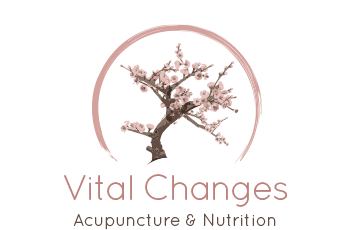
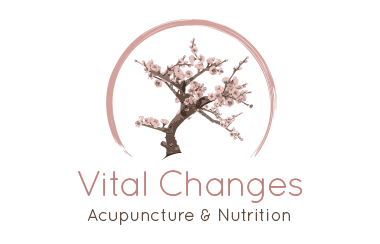
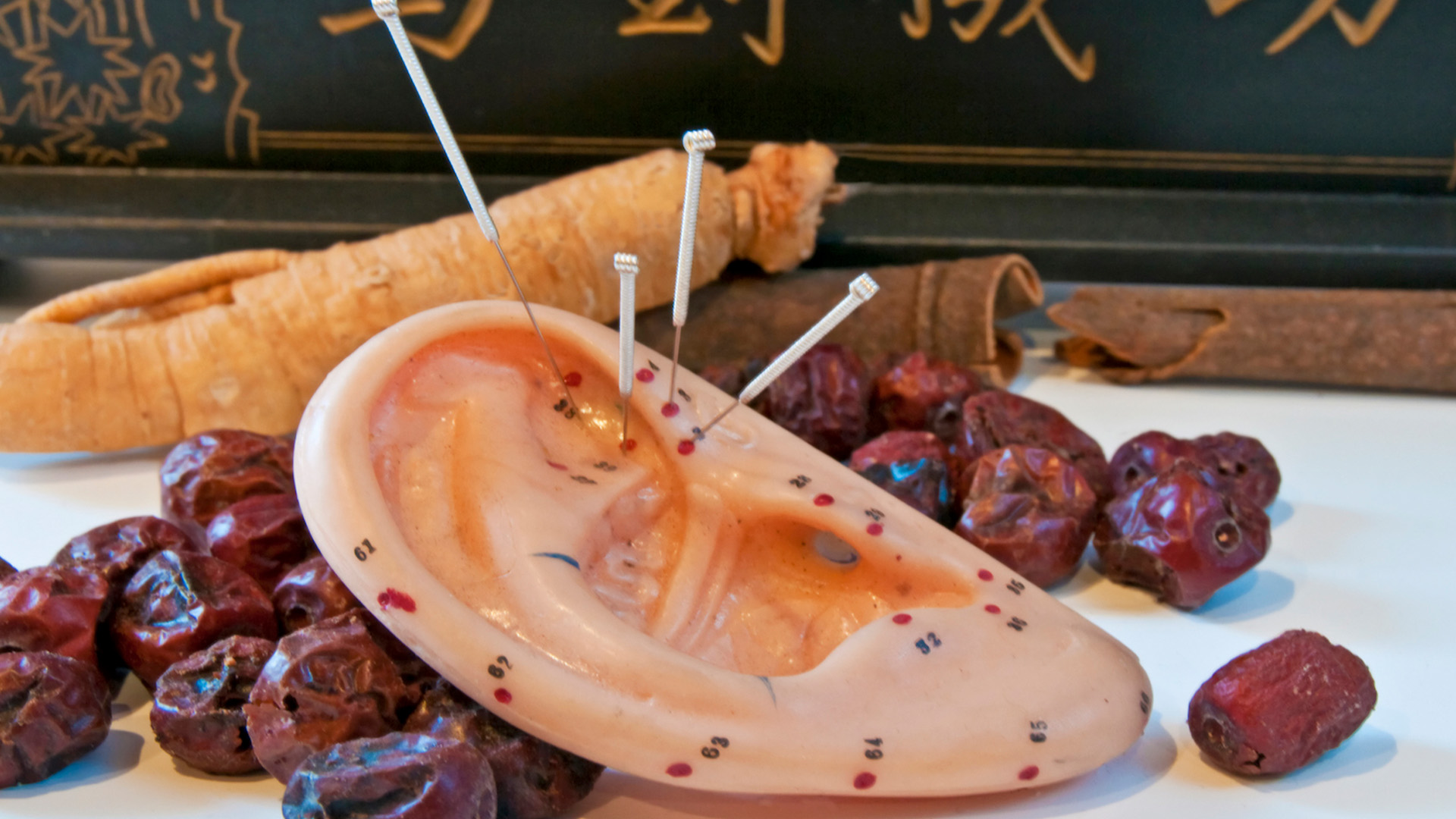
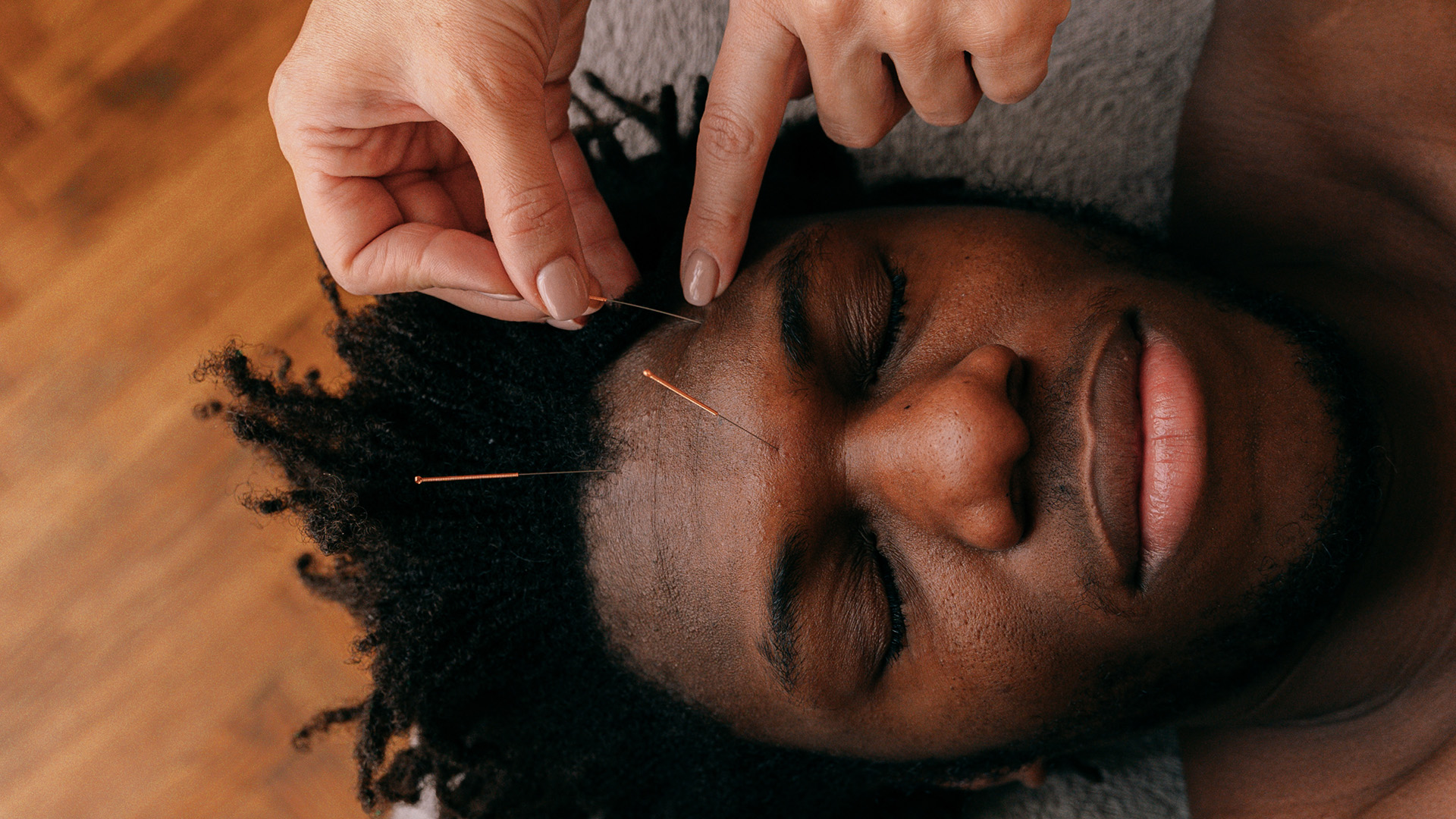
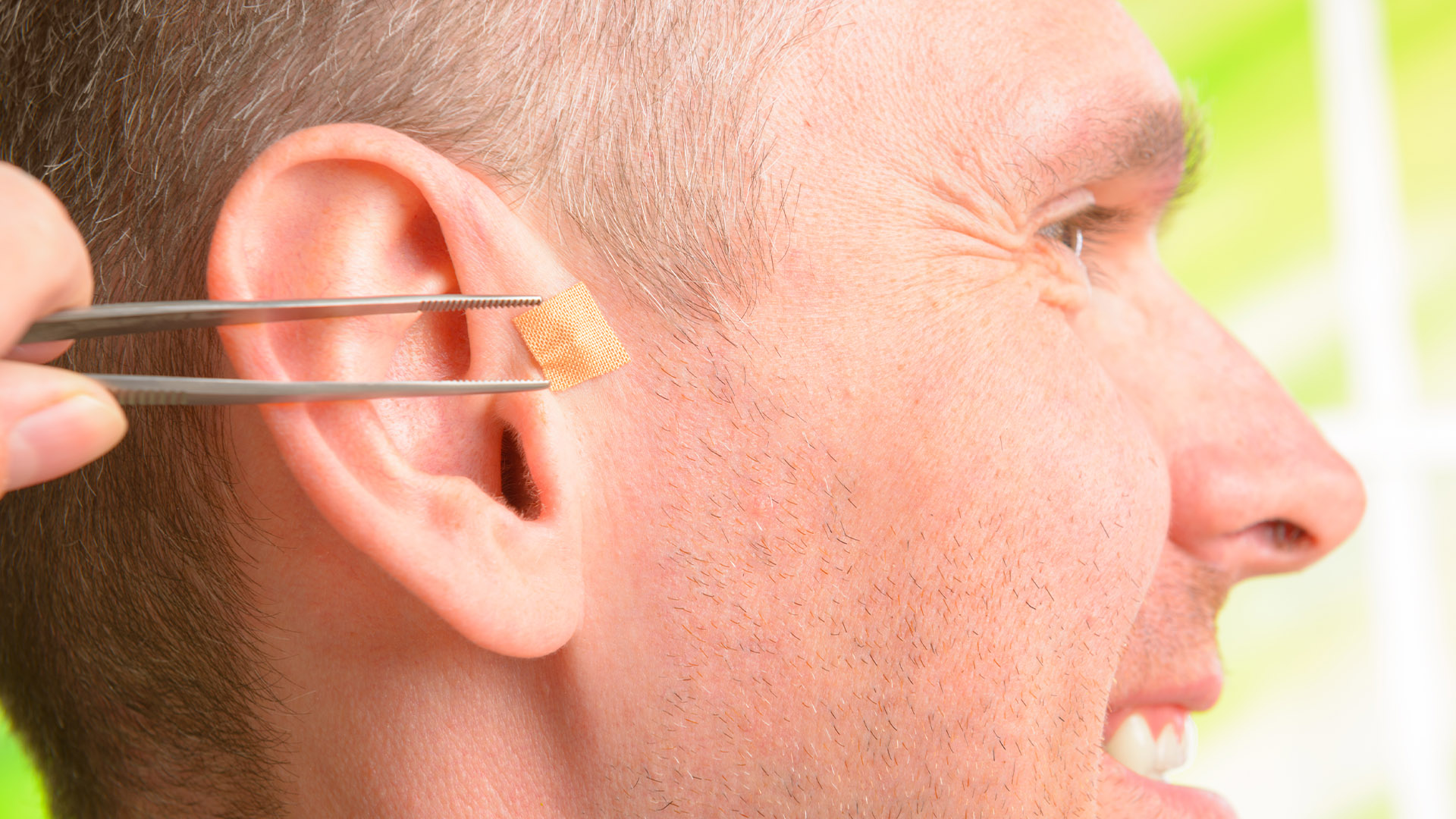
Leave a Reply
You must be logged in to post a comment.